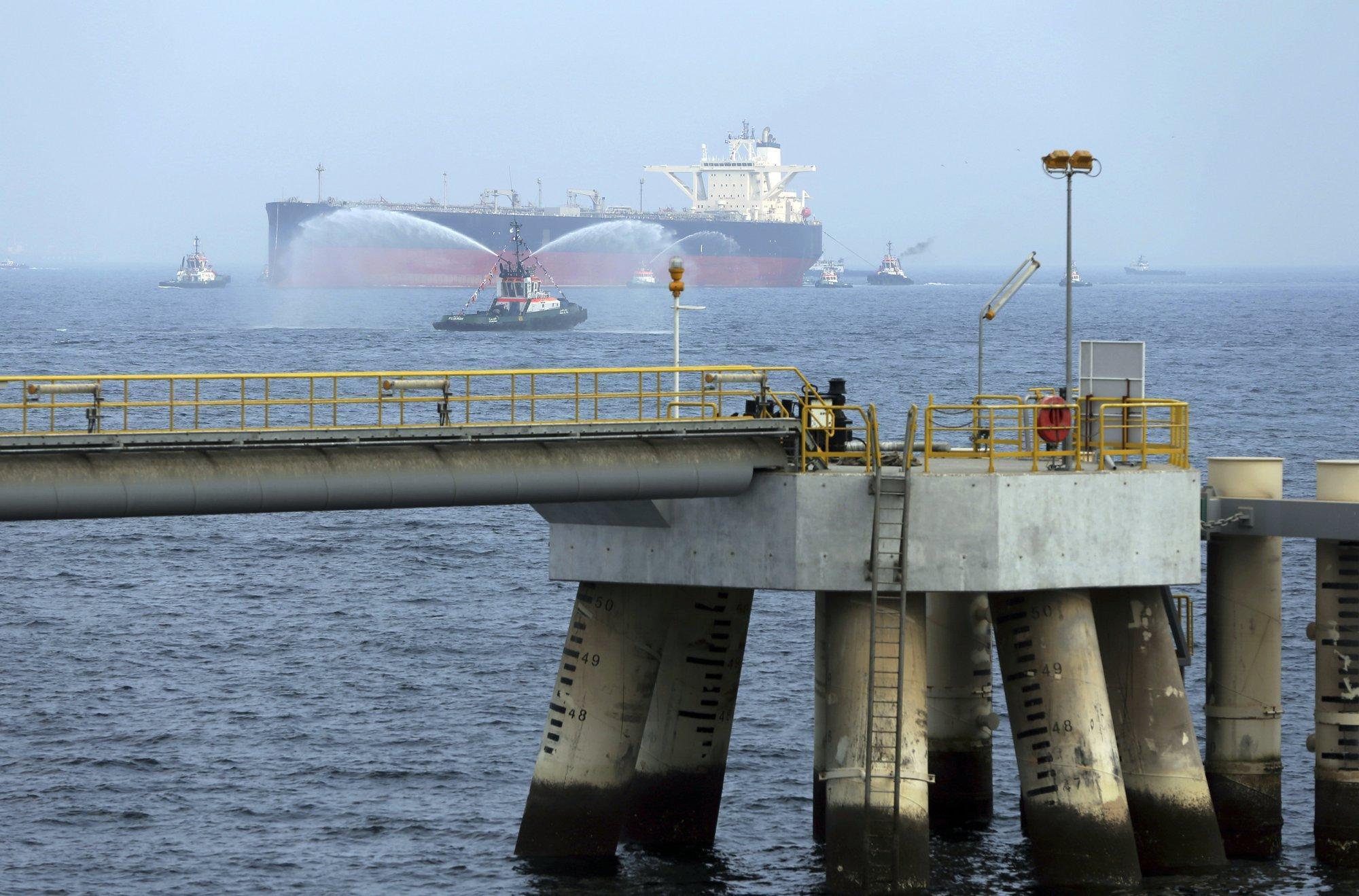
Saudi Arabia's deputy defence minister, Khalid bin Salman, on May 16 accused Iran of ordering drone attacks on two of its oil pumping stations that were claimed by Yemen's Huthi rebels.
Saudi Arabia's deputy defence minister, Khalid bin Salman, on Thursday accused Iran of ordering drone attacks on two of its oil pumping stations that were claimed by Yemen's Huthi rebels.
May 14's "attack by the Iranian-backed Huthi militias against the two Aramco pumping stations proves that these militias are merely a tool that Iran's regime uses to implement its expansionist agenda in the region," the prince said on Twitter.
"The terrorist acts, ordered by the regime in Tehran, and carried out by the Huthis, are tightening the noose around the ongoing political efforts."
Warplanes from a Saudi-led coalition struck Huthi targets in the Yemeni capital Sanaa on May 16, two days after the insurgents claimed responsibility for the drone attacks that shut a key oil pipeline in the kingdom.
The rebels said May 14's attacks were a response to "crimes" committed by Saudi Arabia during its bloody air war in Yemen, that has been criticised repeatedly by the United Nations and human rights groups.
The Saudi state minister for foreign affairs, Adel al-Jubeir, said in a tweet on Thursday that the Huthis were "sacrificing the need of the Yemeni people for the benefit of Iran".
"The Huthis are an indivisible part of Iran's Revolutionary Guard Corps... and subject to the IRGC's orders. This is confirmed by the Huthis targeting facilities in the kingdom."
The Saudi-led coalition intervened in Yemen in March 2015 to push back an advance by the rebels, who continue to hold the capital Sanaa, and to restore to power President Abedrabbo Mansour Hadi.
Since then, the conflict has killed tens of thousands of people, many of them civilians, relief agencies say.
It has triggered what the UN describes as the world's worst humanitarian crisis, with 24.1 million -- more than two-thirds of the population -- in need of aid.